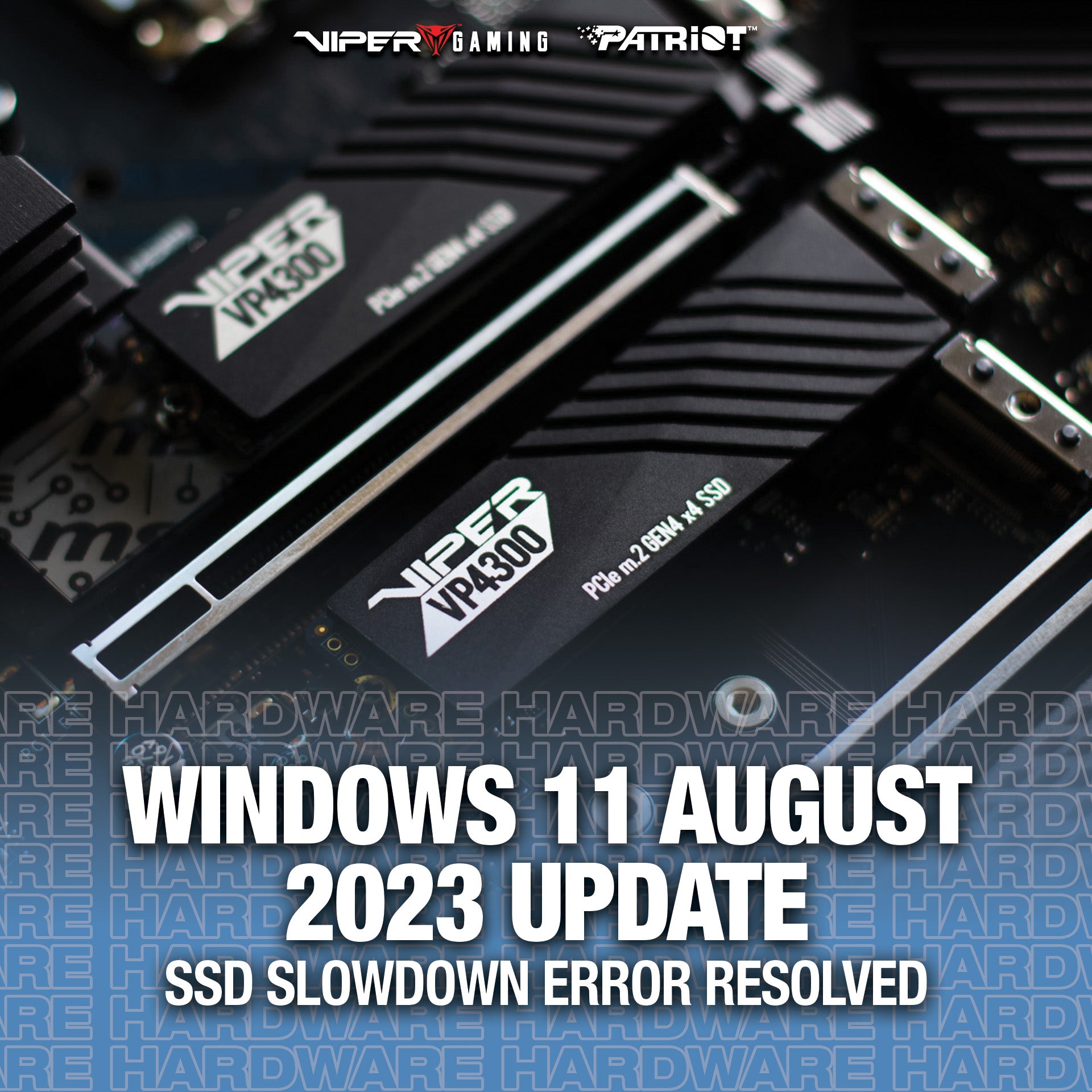- Aug 1, 2020
- 108
- 33
- 71
Only about 4TB written to the SSD so far, when I first got it, the performance was:

Now, the write has dropped by about half:

the only difference which I think was different is I was on Windows 11 21H1 when I benchmarked it the first time and now I am on the latest 22H2. The read speeds are the same. What gives?
PS: I even tried using the Samsung NVMe modded drive but that didn't change the write speeds.
Antivirus is disabled while taking the test
Laptop specs are in my signature

Now, the write has dropped by about half:

the only difference which I think was different is I was on Windows 11 21H1 when I benchmarked it the first time and now I am on the latest 22H2. The read speeds are the same. What gives?
PS: I even tried using the Samsung NVMe modded drive but that didn't change the write speeds.
Antivirus is disabled while taking the test
Laptop specs are in my signature










